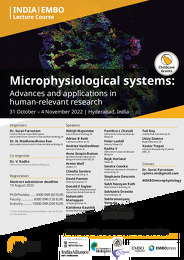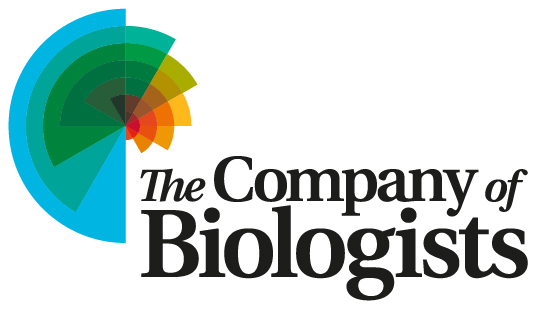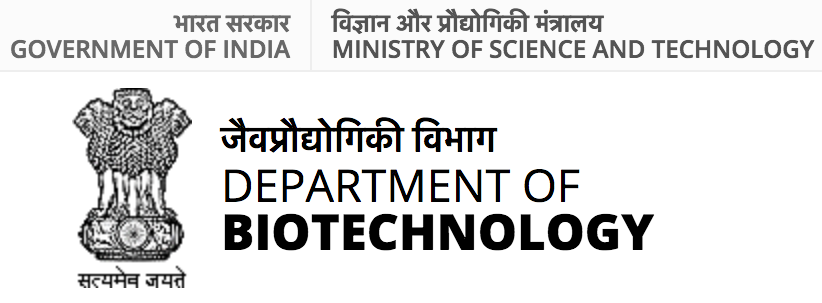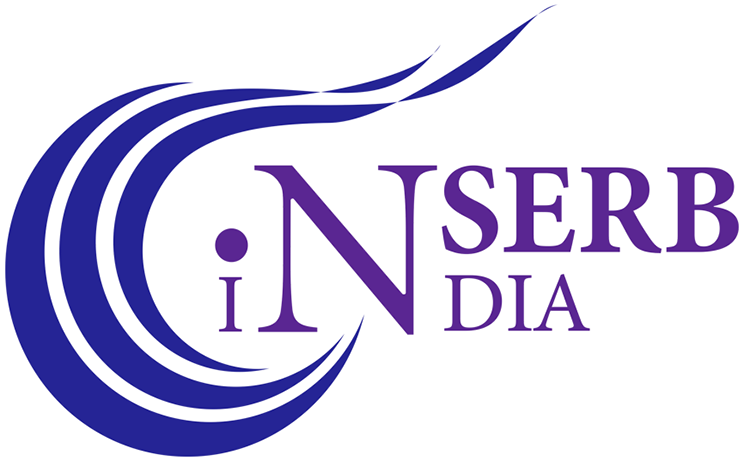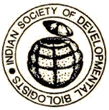Registration includes:
- Full access to lecture course, including abstract, kits, and other accessories
- Food, snacks, and beverages
Excluding accommodation
Payment
- All selected participants will be sent an email link to process payment.
- Payment will be made through a gateway provided by the bank chosen by us.
- The payment has to be made within a stipulated time, failing to do so, the candidate will lose the opportunity to participate and a chance will be given to the next in the waitlist.
- After payment, the participant has to enter the transaction ID on a separate Google Sheet provided by us, which will be used to match the details.
Selection criteria
- CV
- Motivation letter stating your reason for interest in microphysiological systems models, and how the course would advance your current or future research
- For students (reference letter from the PI/mentor)
Total Expected participants: 120
Students
PhD: 30
Post Doc: 30
Criteria: Pursuing PhD/Post Doc in Cell biology/Microbiology/biochemistry/biotechnology/pharmaceutical sciences/veterinary sciences currently working or planning to work on 3D organoid or organ-on-chip models in their doctoral or postdoctoral studies. The students would have to describe how this lecture course would help in their current or future research direction.
Academia
Scientists/Researchers/Faculty in Universities, Institutes, and colleges: 30
Criteria: Researchers of any recognised University/Institute/College/Hospitals currently pursuing or planning to initiate research using 3D organoids or organ-on-chip model systems. They also need to describe how this lecture course would help in their ongoing/future research.
Industry
Professionals working in companies/startups: 30
Any personnel working in the life sciences, biotechnology, pharma, or allied industries or startups currently pursuing or planning to initiate research using 3D organoids or organ-on-chip model systems. They also need to describe how this lecture course would help in their ongoing/future research.
All applications received will be screened by an expert committee set up for the purposes of the conference.
Abstract guidelines
All abstracts shall be submitted in the format below.
Length: Not exceeding 300 words (excluding author affiliation and references).
Abstracts should include a brief about the research question being investigated and the model system being used to understand the research problem. It should also include the preliminary/confirmatory data and future research directions the candidate wants to pursue.
Poster specifications
Size – 36” x 48” Portrait
Contents of the poster should include:
Title
Name and affiliation of the author(s)
Introduction
Methods
Results
Conclusions
References
Acknowledgment of funding source if applicable
Travel Grants and Registration Fee Waivers
A limited number of travel grants and registration fee waivers are available for participants.
Applicants do not need to apply separately for these but should indicate on the registration form if they wish to be considered.
Selection of awardees is handled directly by the organizers. Priority is given to participants of any nationality working in laboratories in Croatia, Czech Republic, Estonia, Greece, Hungary, Italy, Lithuania, Luxembourg, Poland, Slovenia and Turkey, as well as from EMBC Associate Member States Chile, India, Singapore and Taiwan. More information is available on the EMBO Travel Grants' page.
Child care grant
EMBO Courses and Workshops offers grants to offset additional child care costs incurred by participants or speakers when participating at any EMBO Courses and Workshop funded meeting. Eligible costs include fees for a caregiver or child-care facility, travel costs for a caregiver, or travel costs for taking the child to the meeting etc. Please indicate on the registration form whether you would like to be considered for the grant. Please also describe how you intend to use the child care grant and specify the sum that you will need.


